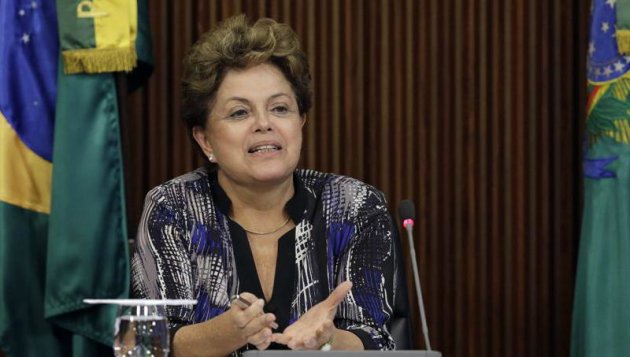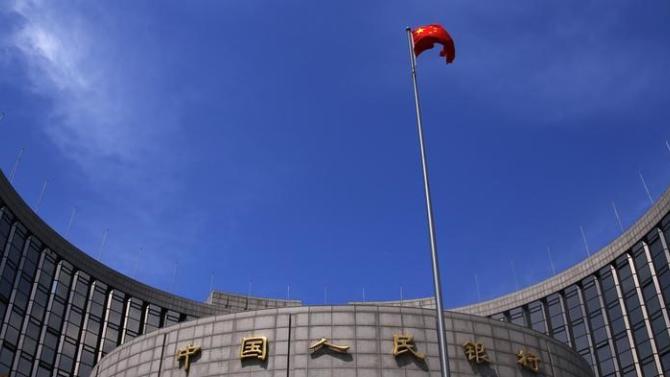Governo tem pior deficit primário desde 1997, para o mês de novembro
Do UOL, em São Paulo
O governo central registrou deficit primário de R$ 6,7 bilhões em novembro, informou o Tesouro Nacional nesta segunda-feira (29). Neste ano, até o mês passado, o resultado acumulado é negativo em R$ 18,3 bilhões.
O valor do deficit de novembro é o pior registrado para o mês e no acumulado do ano desde o início da série, em 1997. O deficit primário é a diferença registrada entre o que o governo arrecada e gasta, sem levar em conta gastos com juros. Esse valor é para reduzir as dívidas públicas.
Em outubro, o Tesouro tinha registrado um resultado positivo de R$ 4,1 bilhões.
Mais
Déficit pública perto de 6 %O valor do deficit de novembro é o pior registrado para o mês e no acumulado do ano desde o início da série, em 1997. O deficit primário é a diferença registrada entre o que o governo arrecada e gasta, sem levar em conta gastos com juros. Esse valor é para reduzir as dívidas públicas.
Em outubro, o Tesouro tinha registrado um resultado positivo de R$ 4,1 bilhões.
Mais
http://www1.folha.uol.com.br/mercado/2014/12/1568233-deficit-publico-dobra-e-atinge-quase-6-do-pib-maior-patamar-desde-2003.shtml




















